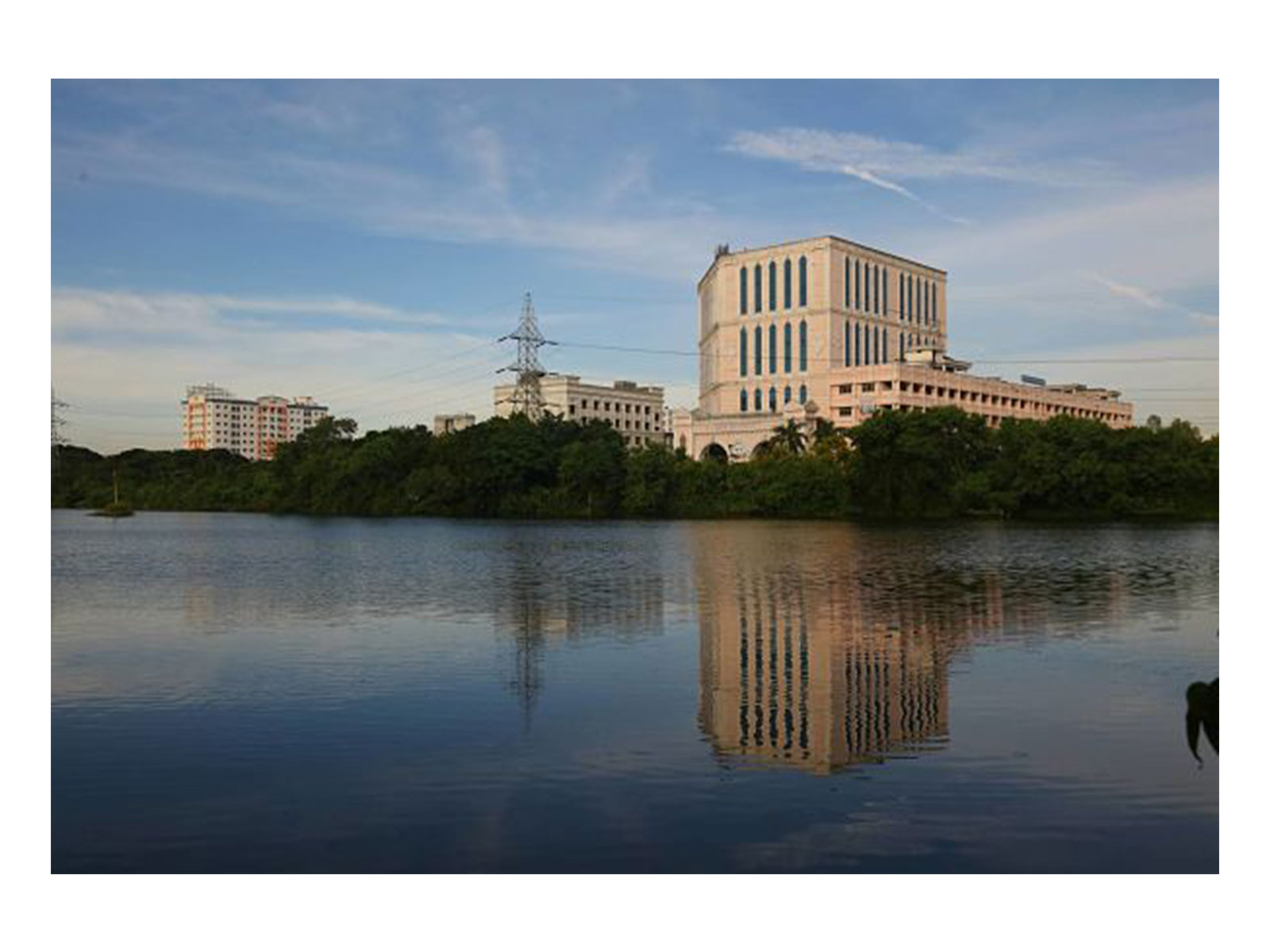
Office vacancies hit new high as U.S. cities struggle to recover from pandemic
Jul 19, 2023
Washington [US], July 19: From West Coast to East Coast, major cities in the United States are seeing their office buildings getting emptier as they struggle to rebound from the COVID-19 pandemic.
Three years after the pandemic, office vacancy rates are increasing in cities across the country. Though it's getting better, the rates are still far higher than the pre-pandemic levels, according to the latest data from several brokerage firms.
Southern California has been hard hit, as office vacancy jumped 67 percent compared with the rate of three years ago, according to the newly published second quarter data from the brokerage Cushman and Wakefield Monday.
Just before the pandemic started, the vacancy rate in the region was 13 percent, but the figure rose to 21 percent in June, a "significant jump," said the firm in an analysis.
The firm's data showed that the most pronounced increase happened in Los Angeles County, up 73 percent from the 2019 level.
San Francisco is perhaps the city grabbing most of the nation's attention as its downturn has repeatedly hit national headlines.
In the past three months, businesses vacated nearly 2 million square feet of office space, resulting in more than 35 million square feet of office space sitting empty in the city.
San Francisco closed the second quarter of this year with a record office vacancy rate of 31.6 percent, according to the latest data from commercial real estate firm CBRE. Before the pandemic, the office vacancy rate was around 4 percent.
The firm said the second quarter alone saw 1.83 million square feet of office space vacated, which increased the city's office vacancy rate by more than two percentage points from 29.4 percent in the first quarter.
In neighboring Oakland, the core business district recorded a 35.7 percent overall vacancy rate in the second quarter, a new high, which marked the fourth consecutive quarter the area's vacancy rate has increased.
The situation is the same with Chicago, which has seen vacancy climbing in the past few months.
The share of available office space in the suburbs of the city rose to a record-high of 28.9 percent in the second quarter, according to data from real estate firm Jones Lang LaSalle. The new vacancy rate was 22.1 percent at the beginning of 2020.
The office market in the city continues to get worse as a steady flow of companies vacate their office space amid the remote work movement.
Jones Lang LaSalle said the office space losses were close to those lost in 2008 and 2009 when the worst of the Great Recession hit the area.
Likewise, in New York City, many employees who worked from home during the pandemic haven't returned. In 2020, office occupancy fell from nearly 90 percent to 10 percent, but it's only bounced back to 48.4 percent.
In response, fewer companies are renewing their leases, which lowers the value of office buildings.
Nationwide, offices across the biggest cities remain only half-occupied, with the vacancy rate rising to 19.2 percent from 13 percent pre-pandemic, according to Cushman and Wakefield.
At the end of the first quarter, almost one in five offices nationwide were vacant and unleased, based on a review of 90 markets by the firm.
Real estate analysts mostly blamed the record office vacancies to the "working from home" trend, saying it killed the demand for offices.
The trend also contributes to other economic headaches. For example, San Francisco, which heavily relies on tech companies, has seen an outflow of workers from the city.
Even after the end of the pandemic, many workers have chosen not to return to their offices, harming retail and the city's economy.
The city has seen a wave of high-profile retail closures, with AT&T recently announcing it will join a long list of companies that have shut down their flagship stores there.
Cushman and Wakefield predicted that office vacancy across the country had not yet peaked and would not begin its descent until late 2024.
The outlook echoed that of McKinsey Global Institute, which said in its July report that "hybrid work is here to stay" and as a result, office attendance has stabilized at 30 percent below pre-pandemic norms.
Source: Xinhua









